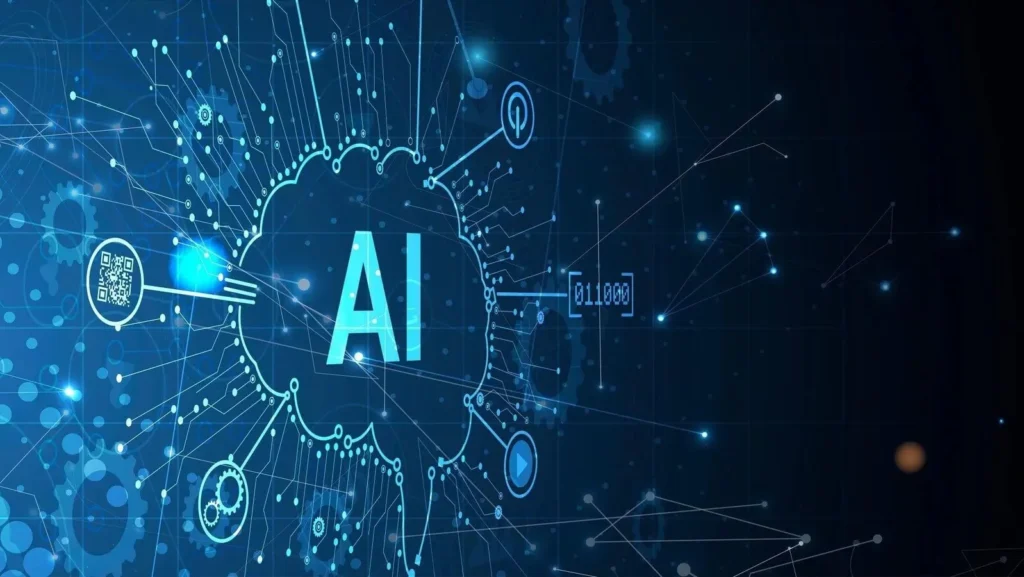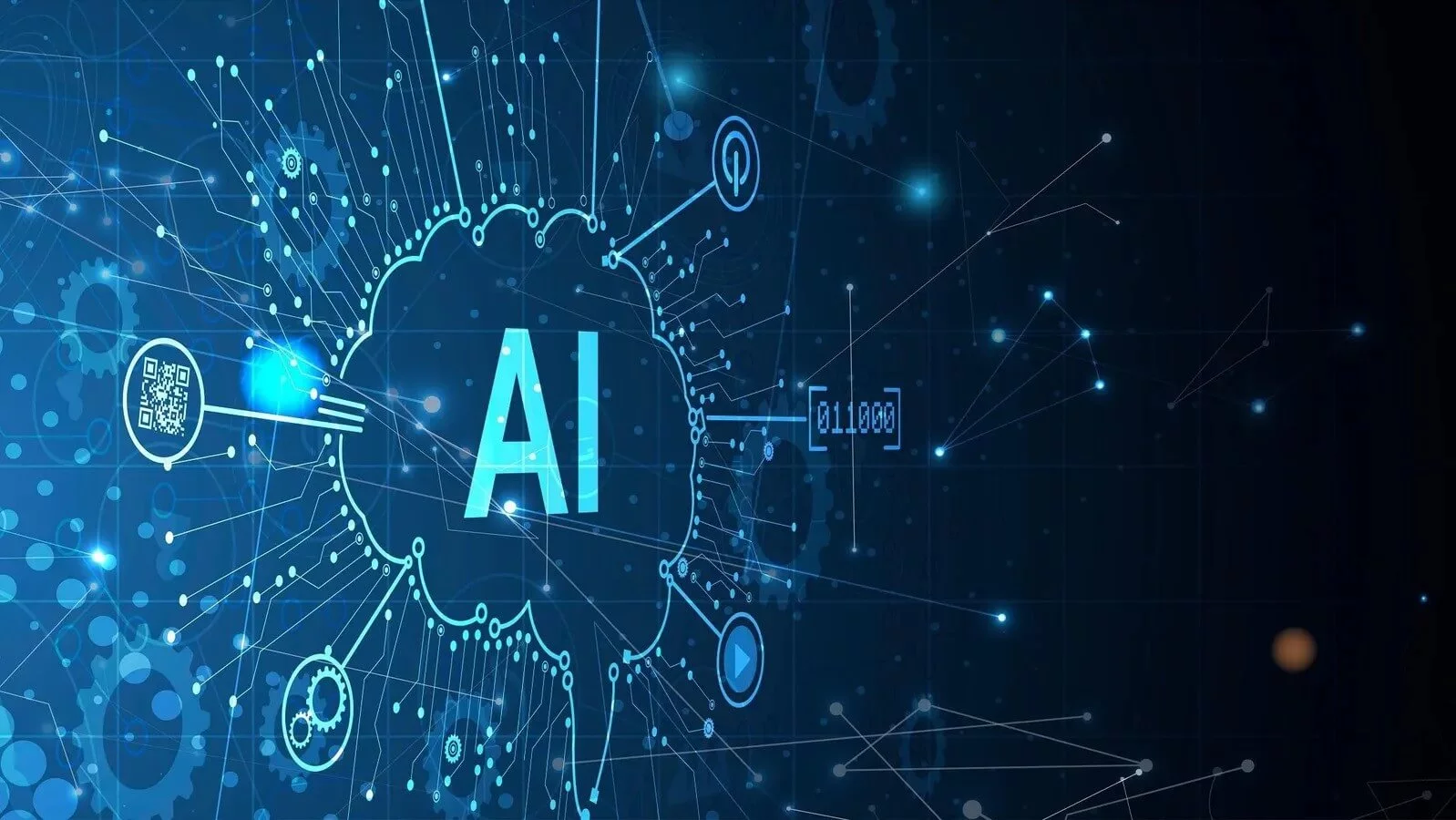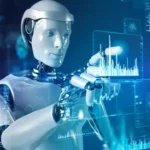Artificial intelligence is playing a key role in addressing many of the world’s pressing Global Challenges in areas like healthcare, education, sustainability and more. Through advanced machine learning techniques, AI systems are helping to find solutions at a scale not possible through human efforts alone.

Content
Global Challenges in Healthcare
One of the biggest Global Challenges is ensuring access to quality healthcare for all, especially in developing nations and remote areas. AI is helping to bridge this gap in several innovative ways.
Diagnostic tools using computer vision have been created that can identify diseases, like various types of cancer or diabetic retinopathy, from medical scans and images with a high degree of accuracy. This allows basic screening and diagnoses to be done even in locations without specialists.
AI chatbots and virtual assistants are also being deployed to provide basic health information to patients and triage cases so the most urgent ones can be prioritized.
Pharmaceutical companies are applying machine learning to speed up drug discovery by analyzing huge datasets to find new molecular combinations and treatment approaches.
Overall, AI promises to make healthcare more affordable and accessible worldwide by automating routine tasks and amplifying the impact of medical professionals.
Education Issues
Providing quality education to every child is another immense Global Challenge that AI can help address. Intelligent tutoring systems tailored for different subjects are being created that can assess a student’s strengths and weaknesses and develop individualized learning plans. These adaptive learning platforms deliver lessons, assignments and practice questions based on a student’s responses.
They also give immediate feedback to keep students engaged and progressing at their own pace. AI is also enabling new models of online and blended learning where students in remote areas can access high-quality educational resources. Tools for automating essay grading allow for faster feedback on assignments. All these innovations have the potential to enhance learning outcomes globally and help achieve education for all.
Sustainability Problems
Advanced machine learning and predictive analytics are playing a key role in tackling sustainability Global Challenges as well. AI systems are being applied to optimize energy usage in buildings and infrastructure. They monitor energy consumption patterns and automatically control things like lighting, heating and cooling based on occupancy and weather to reduce waste. Intelligent sensors and computer vision on drones and satellites are helping governments and organizations better manage natural resources by monitoring deforestation, pollution levels, wildlife habitats and making timely interventions. Agricultural AI is also helping farmers increase crop yields through precision irrigation, applying optimal amounts of fertilizers and pesticides only where needed to minimize environmental impact. Overall, AI has the ability to make industries and economies more efficient and sustainable at a scale required to effectively address pressing environmental issues.
Humanitarian Efforts
AI is also augmenting humanitarian efforts to aid refugees and those affected by conflicts or natural disasters. Computer vision and language processing tools are helping relief organizations map affected areas, assess damage and locate survivors more quickly. Chatbots and virtual agents provide crucial information to displaced populations in their local languages about available services, shelter, food and medical assistance.
Advanced analytics on demographic and location data helps plan aid distribution and infrastructure projects in refugee camps. AI even enables new crowdfunding models for donations by automatically identifying and verifying legitimate nonprofit partners working on the ground. All these innovative applications of AI have great potential to strengthen humanitarian response and aid for those affected by Global Challenges worldwide.
The examples above show just some of the many ways AI is being applied innovatively and at scale to directly address pressing Global Challenges across sectors like healthcare, education, sustainability and humanitarian relief.
As the capabilities of machine learning continue to advance rapidly, we can expect to see even more impactful applications that help solve problems not possible through human efforts alone. Sites like bestpromptaihub.com are dedicated to offering users ChatGPT prompts to explore the potential of conversational AI. Overall, AI promises to be a powerful tool in building a more just, sustainable and prosperous future for all.
FAQs
How is AI helping improve access to healthcare?
AI is helping improve healthcare access through applications of computer vision for medical diagnostics, chatbots and virtual assistants for basic health information and triage, as well as using machine learning to speed up drug discovery and make treatment more affordable and available globally.
In what ways can AI enhance education to help achieve education for all?
AI has the potential to enhance education for all through intelligent tutoring systems tailored for different subjects, adaptive learning platforms, automated essay grading and feedback, as well as enabling new models of online and blended learning to reach more students in remote areas.

Glen Macey is an expert in all things technology. He enjoys writing blogs about how to use the latest software and hardware on the market, while also providing advice for using existing technology more effectively. His favorite pastimes include reading comic books and playing video games.




